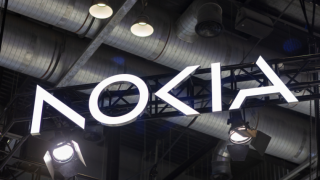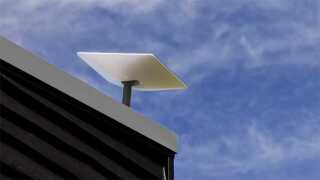The new venture, called Duality, wants to help up to 10 quantum start-ups a year to grow their businesses in the Chicago area. It has allocated a minimum $20 million investment over the next 10 years, and has already started accepting applications.
Vanessa Chan (pictured), director of the Office of Technology Transitions at the US Department of Energy, which last year announced plans to build a “virtually unhackable” national quantum internet with the University of Chicago, said: “Duality fills a key need in educating quantum entrepreneurs and promoting investment in development of these technologies.”
She added: “Attracting funding is essential in a field that has the potential to radically change technology development itself. Through the launch of Duality, Chicago is showing the world that it has the critical elements needed to incubate and launch these types of ventures.”
Duality’s purpose is to help quantum start-ups bridge the gap between the laboratory and the marketplace that is a critical barrier to success for emerging technologies.
The Department of Energy and the US National Science Foundation have already put three of the eight federally funded quantum information science research centres and institutes in the Chicago area.
Robert J Zimmer, president of the University of Chicago, said: “This programme leverages the unique strengths of the University of Chicago and our partners to convene industry, researchers and venture capitalists to realize the potential of quantum science while simultaneously providing mutual benefit to the research and academic mission of the University of Chicago.”
Juan de Pablo, vice president for national laboratories, science strategy, innovation and global initiatives at the University of Chicago, said: “The combined efforts of the partners in the Duality accelerator, along with our expanding global reach, will further elevate the scientific footprint of Illinois and the larger region.”
David Awschalom, molecular engineering professor at the University of Chicago and a director of the Chicago Quantum Exchange, said: “Quantum technology has the potential to revolutionise our everyday lives — from enabling secure communications to developing ultra-precise sensors that can help detect and treat disease.






